
newsletter for faculty and staff | fall 2021
My philanthropy journey — and one of the reasons I’m so proud of Arts
» Sheila Ager, Dean of Arts
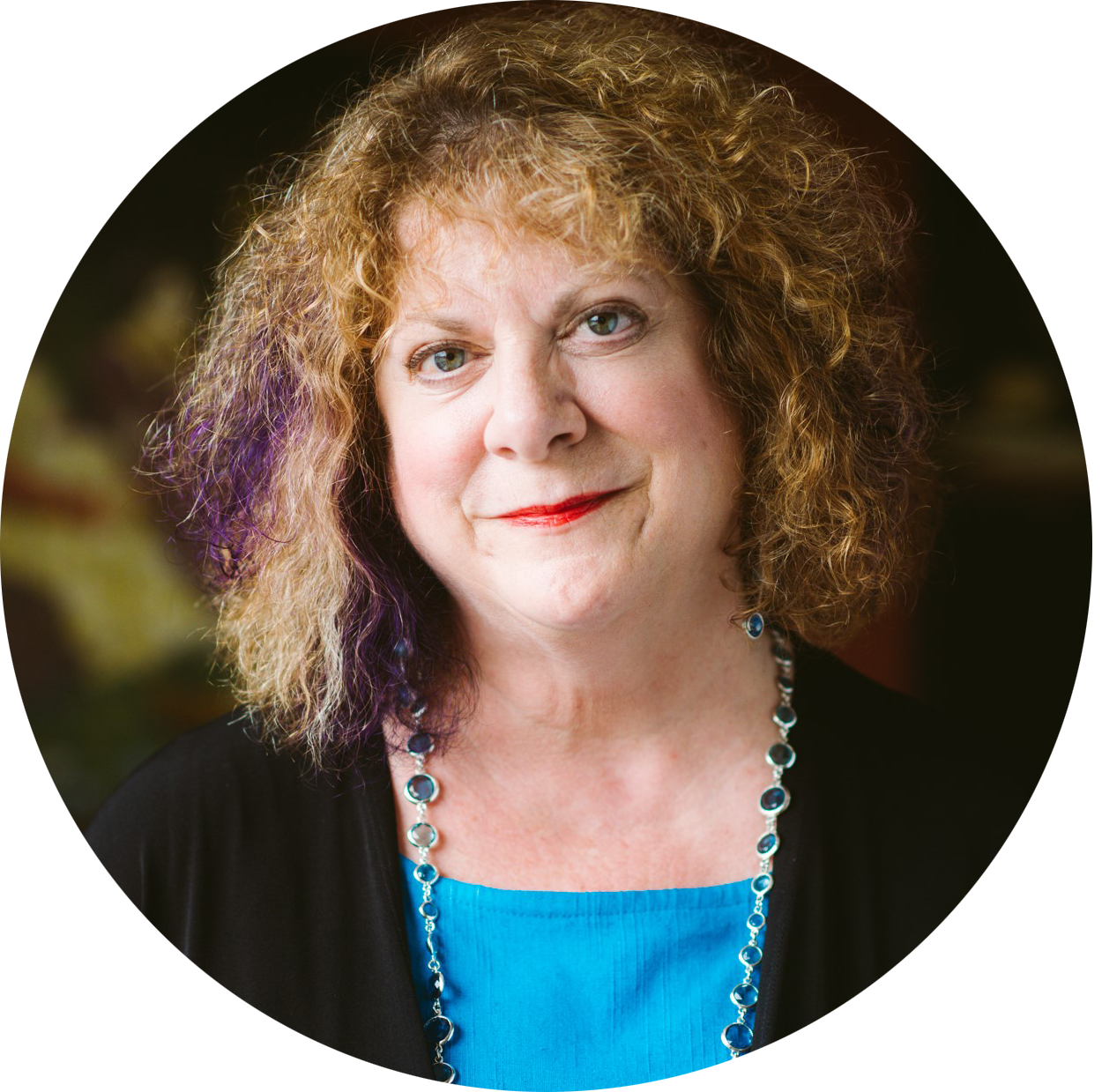
As I write this, we’re in the middle of October, which, as you all know, is a special month for United Way initiatives. Giving Tuesday is coming up on November 30. As we head towards the end of the year, and the gift-giving season so deeply associated with traditional celebrations in December, I’ve been asked to say a few words in this issue of Inside Arts about my own views around philanthropy, and why I engage in it.
Let me say up front that, initially at least, it makes me feel kind of awkward to talk about my own involvement with giving, since I tend to feel that I am blowing my own horn (or, as my thesaurus has it, behaving thrasonically). The excellent people who support the Faculty of Arts’ mission through the work they do in Arts Advancement have been doing their best to train me out of that attitude: they quite rightly point out that part of the Dean’s role is to model and to inspire. I know it’s probably an uphill battle for them, but maybe writing this article will go a little ways towards helping me shed my inhibitions – if it does, many thanks for the role you’re playing in helping to train the Dean.
Since it’s still not quite within my comfort zone to talk about my personal philanthropy, I thought it would assuage my discomfort if I took an extremely self-centred approach, and focused on all the selfish reasons why I give: i.e., what do I get out of giving? My first vague memory of engaging in fundraising activities is as a child, when it was common practice to carry a box from UNICEF to collect spare change in addition to candy while trick-or-treating at Hallowe’en. I’d like to say that, had the candy not been available, I would still nobly have canvassed the neighbourhood looking for pennies, but, well, that would be a lie. I notice that UNICEF currently organizes a Halloween Walk-A-Thon that does not feature small children wandering around on their own after dark carrying cash. Probably wise of them.

My next memory comes from 1970, when the Miles for Millions campaign staged a forty-mile walk in Ottawa, in support of anti-poverty measures in Africa and Asia. I and several of my friends participated, though I don’t think any of us made the full forty miles. I seem to recollect staggering to an endpoint of about 25 or 26 miles, which would have made it a marathon, if only I’d been running.
Now that I’ve worked myself a little deeper into this by telling you silly anecdotes of my childhood, I think I can honestly share with you that philanthropy is deeply personal and often deeply emotional for me. This is my core motivation: I’m inclined to give to causes that address dilemmas that break my heart or fill me with anger. When faced with an issue that moves me to tears, one of my responses is to throw money at it, since I often feel that is the only contribution I can make (and I have at times felt frustrated when there is no avenue to do so).
I don’t think it’s out of bounds to tell you that on a regular basis I tend to support initiatives that make life better for women and children, both locally and globally; research into diseases that have touched people I know and love; organizations that provide shelter, health, and security for animals (not to mention the charity I provide to a particular individual who often seems insensible to my gift — see photo); and, not least, educational institutions such as my almae matres and the University of Waterloo.
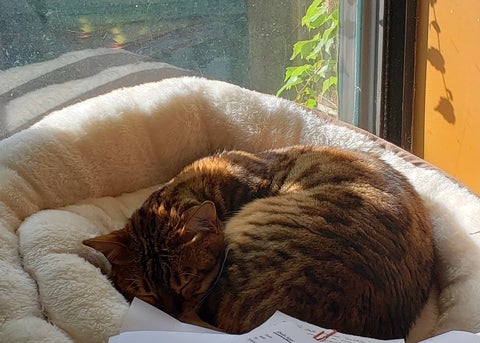
Does giving to causes that strive to mitigate distress and affliction give me satisfaction? Not really, no – “satisfaction” isn’t the word I would use to describe it. Satisfaction would be for social and political and economic inequities and tragedies to go away, for diseases and disasters to be cured, for human negligence and cruelty to end. Perhaps a better word would be “relief”, in that philanthropic giving alleviates somewhat – and only somewhat – my sense of helplessness and frustration in the face of suffering. A harder thought to face is that perhaps it also serves to assuage some of my guilt at being part of a human heritage that has often caused suffering in the first place, or at the least has done little to address it.
That said, I do try to keep in mind the potential for other action beyond the monetary, and this is where some of the satisfaction of being Dean comes in. I, along with all of you, have the opportunity not only to make financial contributions, but to use our talents to design and build initiatives that can make a real difference. I’m deeply proud to be part of a community – the Faculty of Arts – that has time and again demonstrated its caring and generous nature. Arts has consistently had one of the highest participation rates in the University’s Keystone campaign – on average, we have 20% of faculty and staff participating every year – and this past year we had an increase of 224 donors, largely due to the incredible response to the call for contributions to the Student Emergency Fund.
On November 30 – this year’s Giving Tuesday – we all have the opportunity to join millions of people worldwide in supporting important initiatives. The Faculty’s focus will be on encouraging alumni, faculty and staff to contribute in support of Co-op for Social Good. Our goal is to raise $30,000, which will fund one co-op work term in a not for profit organization in the upcoming Spring, Fall, and Winter terms. Thank you all so much for all the generosity you’ve displayed in the past and that I know you will continue to show in the future.
And finally, my closing frivolity (because I can’t leave without one) comes from an episode of The Big Bang Theory, “The Benefactor Factor” (4.15). It offers a cheeky perspective on university fundraising, so I thought I would include one or two clips. Just please keep in mind (should you watch them through to the end) that things don’t always end up where they did for Leonard…
Arts Undergraduate Office
Jennifer Book | Administrative Co-ordinator, Arts & Business | is thrilled to return to UW and specifically the AUO. Since leaving in 2016 to focus on her family, she knew it was only a matter of time before she returned to fill the void that leaving the university had created in her life. Jennifer is happy to be back in the administrative world, surrounded by fantastic colleagues and many spots to get a coffee on campus.
Classical Studies
Lisa Trentin | Adjunct Professor | specializes in visual culture and social history in ancient Rome. Her recent publications include: The HunchBack in Hellenistic and Roman Art and an article on Deformity in the Roman Imperial Court. Trentin is also the President of the Women’s Network for the Classical Association of Canada.
Communication Arts
Nadine Grant | Head of Wardrobe and Costume Designer
Christopher Greenhalgh | Director of Technical Theatre
Economics
Predrag Rajsic | Definite Term Lecturer | specialized in environmental economics, economics of regulation, and business finance. Rajsic is passionate about teaching his students about real world social issues and the connection it has to economics. He has published many articles, including The environmental and economic efficacy of on-farm beneficial management practices for migrating soil-related greenhouse gas emissions in Ontario, Canada.
French Studies
Nathan Pirie | Administrative Coordinator and Advisor, Undergraduate Studies | has returned to the department of French Studies to continue working with faculty, staff, and students at the undergraduate level.
Germanic & Slavic Studies
Onyeka Ezeh | Instructor | conducts research on migration strategies in directive speech acts. Ezeh instructs the Russian courses at Waterloo. Previously, Ezeh studied at Moscow State Linguistic University then moved on to teach elementary classes in Nigeria and Russia for five years.
History
Dylan Cyr | Sessional Instructor | focuses his research on war and the environment; he is currently working on an article exploring insects and emotions. He has published two books: Campaigning in a wet land: Water, militarized landscapes, and the Battle of Guadalcanal, and 7500 words for The United States at War.
Psychology
Linda Bream, Ph.D., C.Psych. | is a staff psychologist in the Centre for Mental Health Research and Treatment which is associated with the graduate studies program in clinical psychology. Linda has worked in both community mental health and private practice and will be supervising graduate students in their clinical work.
Kristin Graham | Pre-school Teacher, Early Child Education Centre
Sociology and Legal Studies
Fauzia Husain | Arts First Lecturer | investigates members of marginalized cultural groups and the pursuit of creating inclusion in the areas of their lives. She has been acknowledged by National Science Foundation, the American Association of University Women and a Fulbright Scholarship. She is also the author of the Pale: Gender, Stigma and Security-service in Pakistan.
School of Acccounting and Finance
Eric Mah | Recruitment and Digital Media Coordinator
Stratford School
Tobias Thielen | Lecturer | focuses his research and teaching on organizational networks, business model innovation, digitalization, and creativity methods. Thielen has many published papers written in German and English. Before coming to Waterloo, he worked as a project manager and research associate at the chair of Strategy, Innovation and Cooperation.
Daniel Harley | Assistant Professor | is an expert on social, cultural, and political dimensions of interactive technologies. His research also focuses on collaborative design-based projects. Currently, Harley is working on Extended Realities such as virtual, mixed, and augmented. He incorporates subjects such as feminist science and technology studies into his teaching and research.
Cayley MacArthur| Assistant Professor | has expertise in human-computer interaction, specifically, inclusive technologies. This type of work requires considering inclusion, diversity, equity and accessibility, as well as adapting this knowledge to existing technology. She is also an active member of the Games Institute at Waterloo.
Ville Makela | Assistant Professor | is an expert in human-computer interaction. He completed his PhD at Tampere University, Finland. His work is focused on, virtual reality, games, ubiquitous and mobile computing. He is particularly interested in developing further methods in user experience evaluation. He has over 30 peer-reviewed articles/ conference papers that he either published or co-published.
Waterloo Centre for German Studies
Lori Straus | Administrative Assistant | is helping with the WCGS for one year. She brings to her roll her love of writing. She also runs her own communications business and writes fiction: Between Worlds, a young adult series inspired in part by her MA in German Studies from UW, and Love on Belmont, a sweet romance series set in Belmont Village.
Experience transformative teaching in Arts First
» Angela Carter, Arts First Director
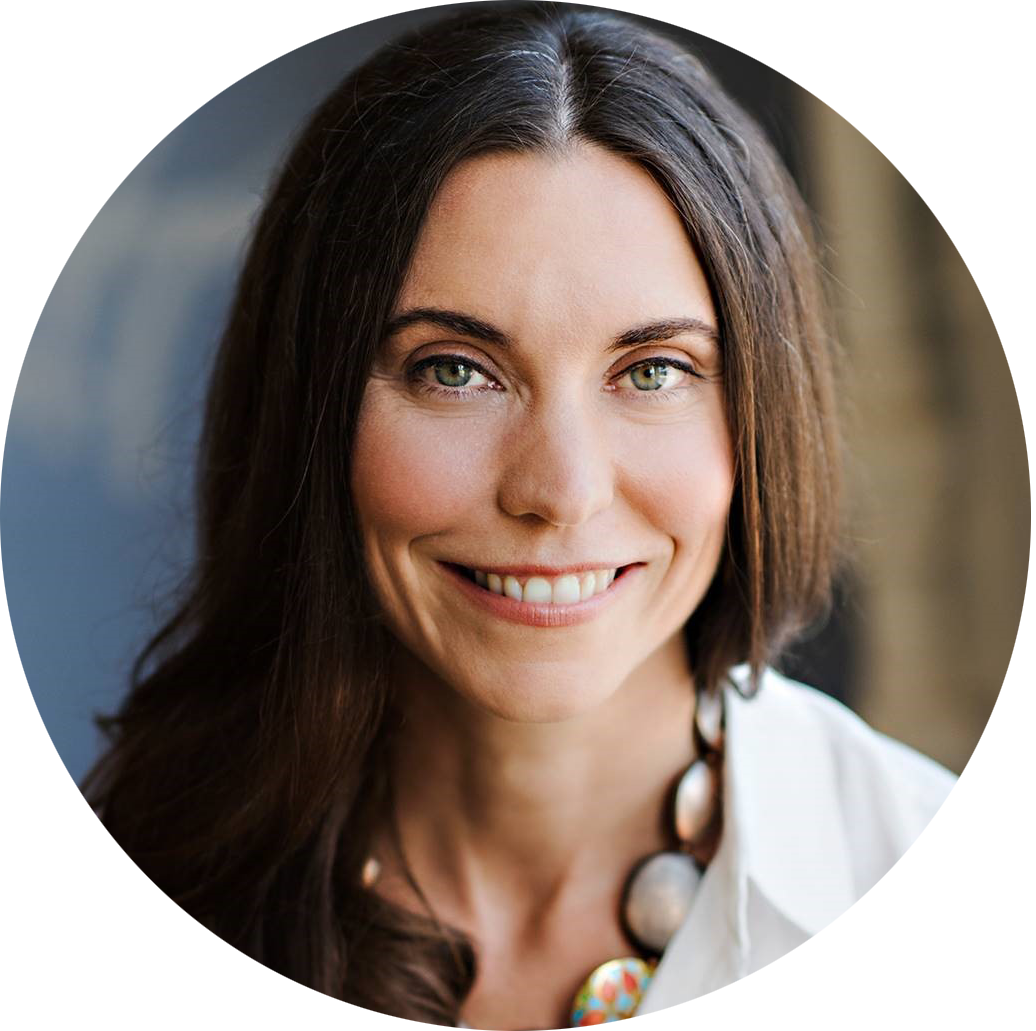
As the Arts First program heads into its fifth year, we are welcoming faculty members from across Arts to teach in the program.
Through Arts First, first year students boost their communication skills, learn to collaborate with each other, and become a part of our vibrant Arts community. They explore ideas that define our moment and practice skills to contribute to those debates.
At the same time, faculty who are teaching in the program say it’s a transformative experience for them, too. Why? Because the program encourages faculty members to develop unique seminars around our own research interests and to explore burgeoning research areas. Arts First re-energizes our teaching as we experiment with student-centre pedagogy that focuses on what students do—on students’ thinking, writing, and speaking. What is more, the positive impact of teaching in Arts First is extending into all levels of teaching in Arts as faculty members adapt that Arts First teaching experience to upper level and graduate teaching.
Faculty members can submit requests to teach until November 1, or reach out to Arts First Director Angela Carter.
Check out this award-winning video for a sense of what it’s like to teach and learn in Arts First, then come join us.
Update on the next Arts Strategic Plan
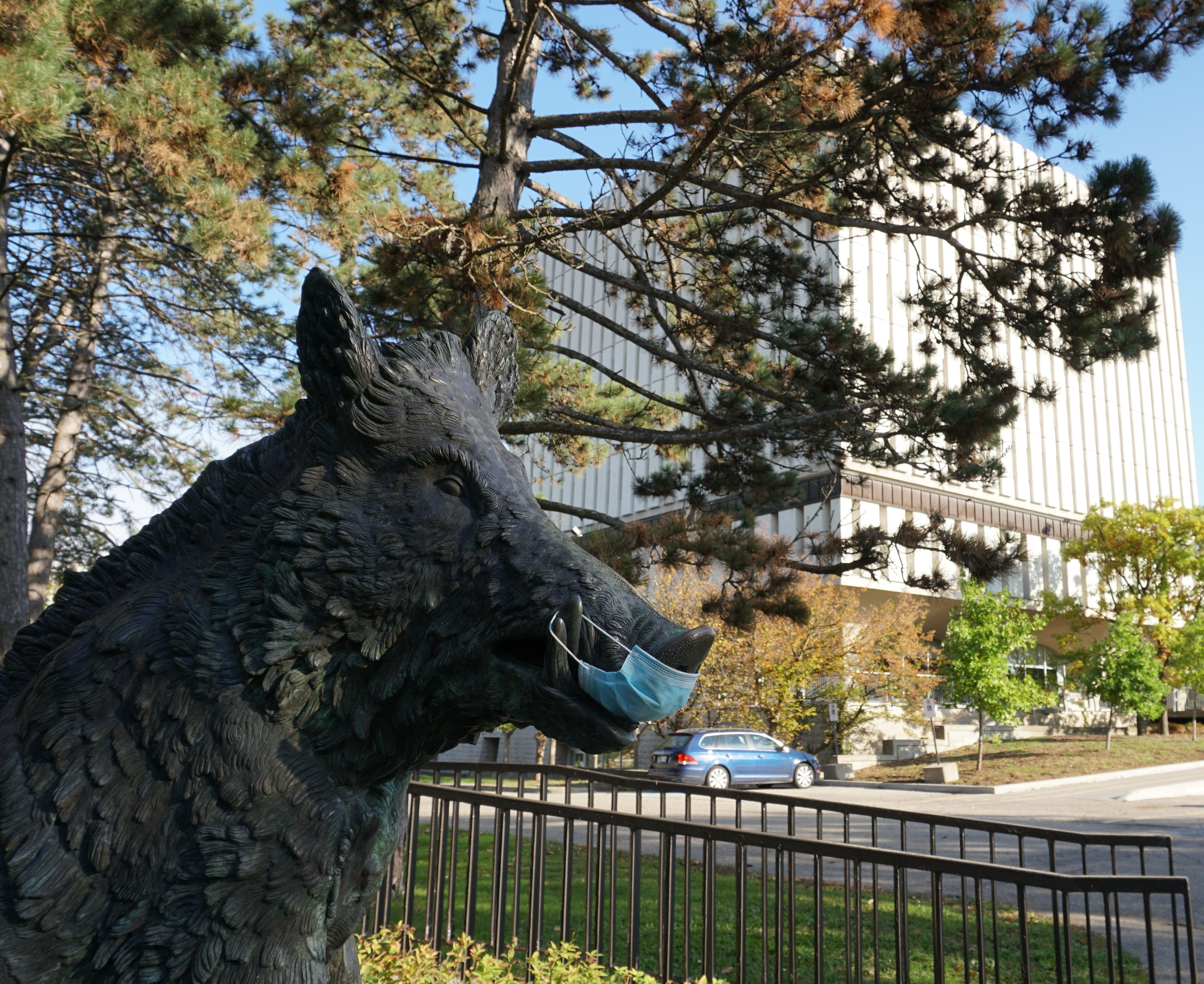
All summer and into the fall, faculty, staff, and students in the four strategic planning working groups have been busy with their respective mandates: Faculty Identity; Student Experience and Success; Interdisciplinary Collaboration and Community; and Governance. Using the Faculty of Arts Strategic Plan Stakeholder Consultation Report (PDF) developed in 2019-20, each working group conducted research and environmental scans of our Faculty with the goal to define aspirations and develop actions that will guide our next Strategic Plan. It is expected that the plan will include priorities such as equity, diversity, inclusion, interdisciplinarity, community wellness, lifelong learning, and more.
What's happening now? Dean Sheila Ager is reviewing the four reports delivered to her by the working groups. The Dean's office will be responsible for compiling the proposed Strategic Plan document from those reports and a proposed final plan will be shared with the whole Faculty for comments and any further feedback. We hope to present the proposed plan for approval at the March 2022 Arts Faculty Council meeting.
ICYMI: Recent stories from Arts

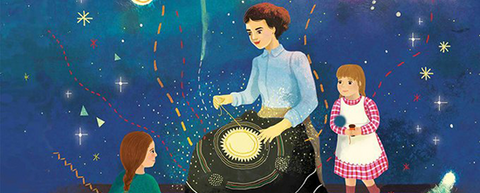
Professor Jennifer Harris has published a children’s story about Ellen Harding Baker's inspired marriage of science and creativity.
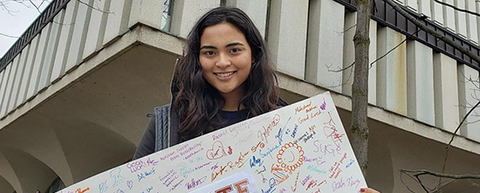
Newly minted Bachelor's graduate Sabrina Khandakar made the most of her undergraduate experience, including the unexpected challenges.
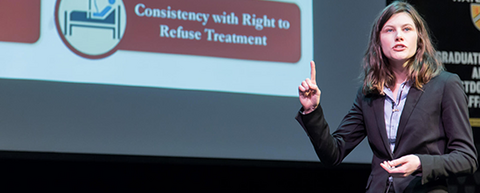
As a doctoral candidate in applied philosophy, Kathryn Morrison (PhD '21) took her studies in bioethics a step beyond to support clinical teams, patients, and families.
Be there (events in-person and online)
- November 3 — Opening ceremony and fire for Bridge: Honouring the Lives of Missing and Murdered Indigenous Women, Girls, and Two Spirit People
-
November 8 — Critical Tech Talk presents Nicole Aschoff on the digital frontier and its limits
-
December 2 — Indigenous Speakers Series presents Jean Teillet (watch our events page for details soon)
Feedback?

Inside Arts is published each term (usually). Comments, ideas, and submissions are always welcome. Please contact Wendy Philpott.